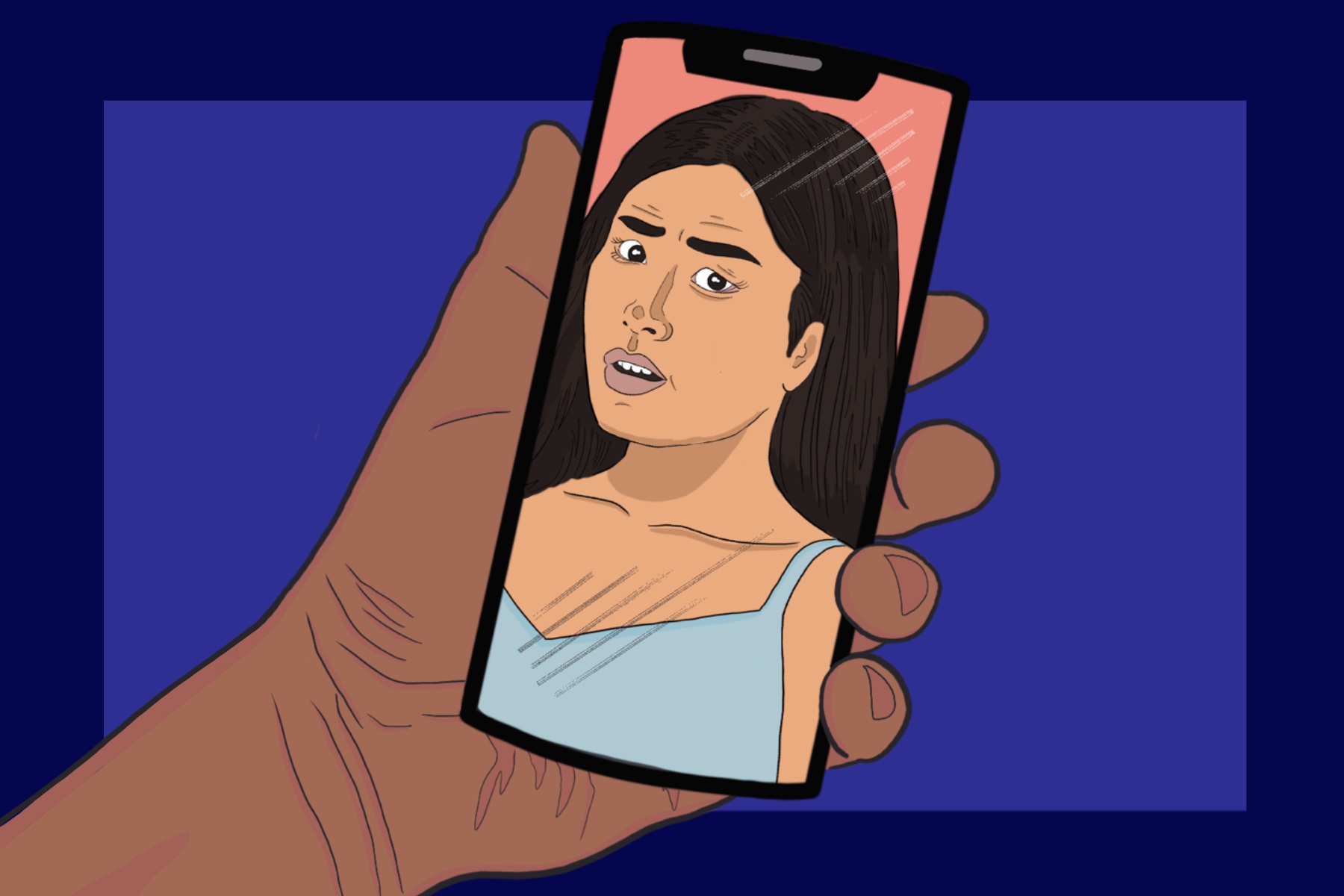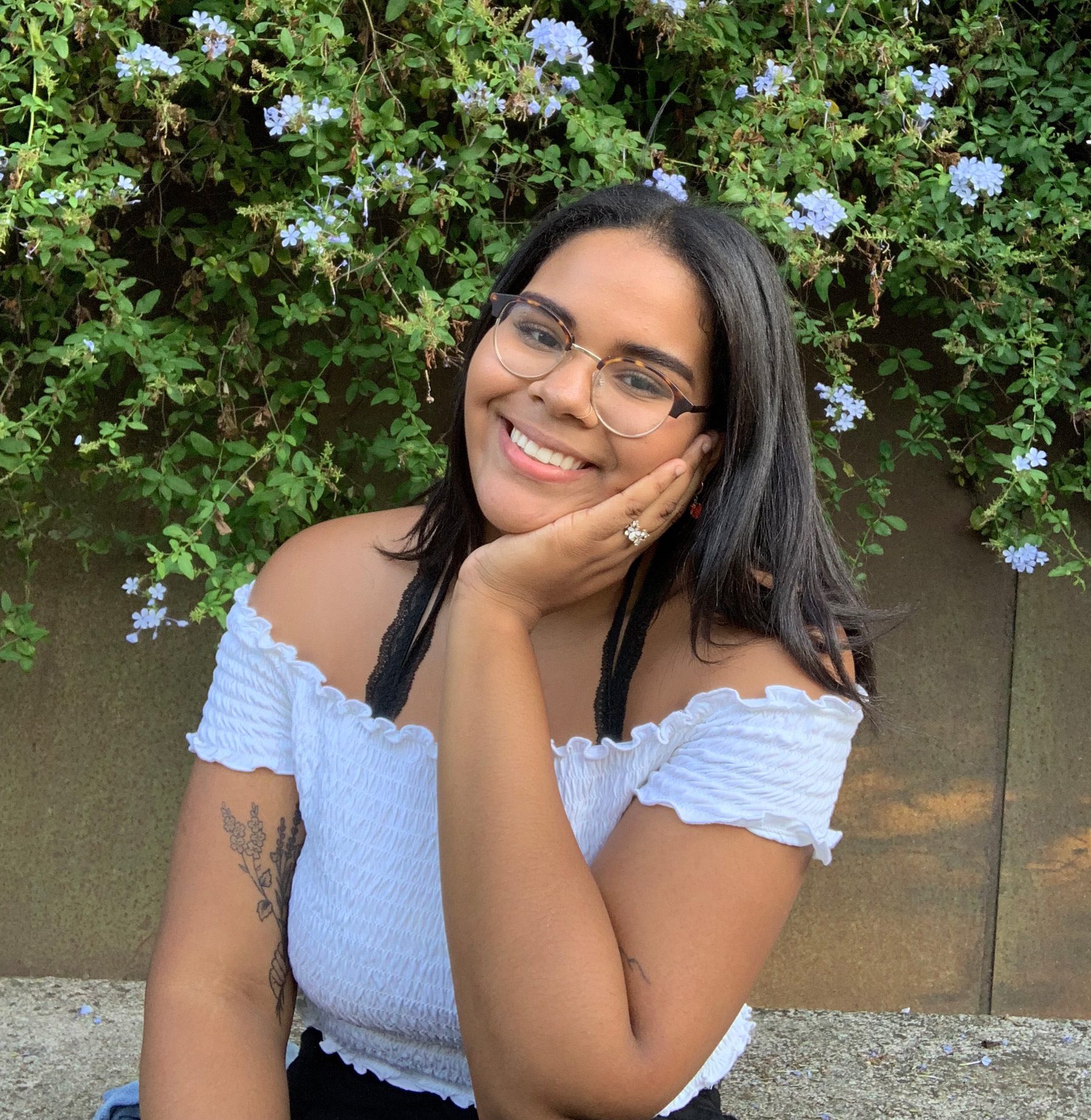A social media influencer’s job is to basically exist and post about it. Some have talents like dancing or being a makeup artist but at the end of the day their fame comes from their appearance and personality on the internet. This can put a lot of pressure on influencers to always look their best since when it comes down to it their brand and appearance are what made and keeps them famous.
To deal with the pressure of what is expected of them, some influencers have turned to apps like Facetune to look their best. Some of the app’s main features include things like removing red eye, erasing blemishes or smoothing out your face. These are small changes that enhance a photo but don’t necessarily distort what the person looks like to the point of being unrecognizable. This is generally what Facetune’s marketing identifies as the app’s intended use — even if they know that’s not what most people use it for. A second use for the app is touching up makeup looks, which could involve smoothing out eyeliner lines, enhancing a highlight or blending out eye shadow better.
The last and most popular use of the app includes body and face modifications. Usually these modifications follow the current beauty trends of having a smaller waist, a bigger butt, a thinner nose and a slimmer face.
The last two uses of the app are where the problems start. Both cases give followers unfair expectations of what they could or should look like. In the end it’s just false advertising. In the case of makeup retouching, you can become unable to tell how much talent the person creating the look actually has or if they simply Facetuned it to look good. If someone later tried to recreate the look, they will simply not look the same. Using the app to modify your body only portrays a false version of yourself that others may take inspiration from.
Why Does It Matter?
Studies have shown that teens feel social media makes them sad, and it makes sense. Apps like Instagram and Snapchat are folds of the internet where portraying the best part of your life is the only point. Even if we all do the same thing of picking and choosing which moments to highlight, when the best, most glorified version of everyone’s life is all you see, you start to wonder why your life isn’t the same.
Constantly seeing beautiful people, with clear skin, perfect makeup and a great body can lead to insecurities. You wonder things like “Why can’t I look like this” or “If only I was that pretty” without questioning if the people in that photo even look like that themselves. Social media on its own contributes to the unhappiness of people but seeing photos of perfect people with features they don’t even have only intensifies the feeling of discontent.
While some influencers have been open about their use of editing apps, that still doesn’t take away from the fact that they are portraying perfect, unattainable versions of themselves online. Tana Mongeau and James Charles have both admitted to Facetuning a lot of their photos but while their honesty is admirable, it still doesn’t make it right. In fact, this kind of behavior only normalizes the use of Facetune. Since influencers like them aren’t trying to hide the fact that they use it they’re often less susceptible to criticism.
Even social media platforms see the danger of face and body altered images and the mental health risks they pose. Late last year Instagram announced they would be banning “cosmetic surgery” filters, which can drastically change a way one looks in photos.
How Users of Facetune Are Hurt
A problem for those who alter their photos is that once you begin editing your photos, it’s hard to stop. Even after editing yourself just once you now have to stay consistent with the new version of yourself that you have published online. If you suddenly begin to post unedited photos people will be able to tell. This fact makes it hard for those who occasionally edit their photos to ultimately stop.
Users of Facetune may grow to develop body image issues. At a certain point, not looking like their edited selves becomes a source of anxiety and insecurity. It may become an addiction where they don’t feel happy with themselves in photos unless they have Facetuned it.
Another consequence for those who edit their photos is that those who do it often will only naturally get better and better at using the app and making sure their edits are as subtle as possible. By making more subtle edits, influencers can get away with posting enhanced versions of themselves without many people noticing.
Is Social Media Pressure to Blame?
The use of Facetune is so widespread that there are even Instagram accounts like @celebface and @beauty.false dedicated to exposing celebrities who edit their photos. Comments on these posts include users who say accounts like these make them feel better about themselves because they reveal that the girls they wished they looked like are just edited versions of themselves.
https://www.instagram.com/p/BxSooHxltLp/
Body and face modifications on photos are only a symptom of the bigger issue that comes with apps like Instagram. Instagram allows us to trade photos of commodities and luxuries and it’s inevitable that as its users, we begin to compare what others seem to have more of and what we lack. We begin to take note of things like how much fun others seem to be having, how much money they’re spending, how many trips they take or how many friends they have and ultimately compare those numbers to our own lives.
If users constantly see photos of beautiful people with perfect skin and a tiny waist it won’t take long before some begin to compare themselves to them. The danger in this comparison is that followers will essentially be comparing themselves to a digitally-altered version of someone. What they would be physically striving to look like is a person that doesn’t even exist.
The discussion of whether the use of Facetune by influencers is a problem or not depends on where you choose to draw the line of what is too much. Some draw the line at removing a pimple while others don’t even have a line. One possible indication that editing has gone too far is when the person in the photo doesn’t resemble what the person actually looks like in real life.
No matter where you stand, it becomes problematic when you go past the point where you are creating and shaping your features in a way that’s unrecognizable. Not only are you warping the perspective of your followers but you are also hurting them and even yourself. You are presenting a version of yourself on the internet that simply doesn’t exist in real life, that you in person will never be able to live up to. But you are also hurting those who may see an altered version of you and feel insecure about their own natural bodies. And by constantly editing your own body and face you will soon grow unhappy with how your natural body looks yourself.

















